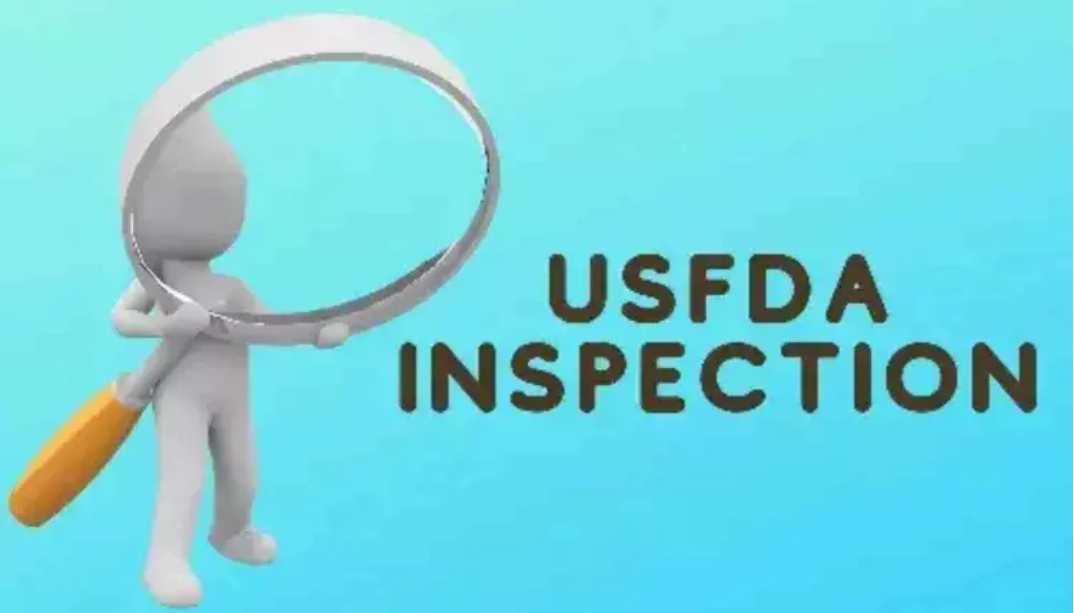Maryland : The US Food and Drug Administration (FDA) has reprimanded two drugmakers — Avlon Industries based in Melrose Park, Illinois, and Medgel based in Pithampur, Madhya Pradesh, India — over identity testing and other good manufacturing practice (GMP) lapses that the agency said increase the risk for diethylene glycol (DEG) or ethylene glycol (EG) contamination.
Avlon
In a letter dated 18 July, FDA cited Avlon for failing to conduct tests verifying the identity of each drug component and failing to validate the reliability of third-party suppliers’ test analyses at appropriate intervals.
“Your firm failed to test your incoming components for identity prior to manufacturing your over-the-counter (OTC) drug products (e.g., active ingredients, glycerin, and water as a component),” the letter states, noting that Avlon also relied on certificates of analysis “from unqualified suppliers for specifications such as purity, strength and quality.”
FDA highlighted that Avlon’s hair care drug products, including its Keracare dry and itchy scalp anti-dandruff moisturizing and As I Am dry and itchy scalp care dandruff conditioners, “are examples of components with higher risk of DEG or EG contamination compared to other drug components.”
The company did not perform “identity testing on each container on each shipment of each high-risk drug component lot using the United States Pharmacopeia (USP) identification test that detects these hazardous impurities,” continued the letter, declaring that Avlon failed to ensure the acceptability of high-risk components used in the manufacture of its drug products.
In another lapse, FDA said that Avlon failed to provide data showing the company validates its manufacturing processes used to produce OTC drugs, nor did it demonstrate that its processes are reproducible and controlled to “consistently yield drugs of uniform character and quality.”
Likewise, the agency dinged the drugmaker for failing to provide evidence it performed cleaning validating for manufacturing equipment, a repeat observation from a 2017 FDA inspection, and that Avlon lacked cleaning and usage logs for production tanks or any other holding tanks used to manufacture bulk drug products.
In other repeat observations, the letter noted the company failed to show documentation that it conducted qualification of its water system and that it adequately monitored its water system to “ensure it consistently produces water that meets appropriate microbial limits.”
FDA deemed Avlon’s 13 February response to its inspection observations from January inadequate because Avlon did not provide sufficient evidence of corrective actions, and requested that Avlon’s provide test results for DEG/EG in retain samples of all glycerin lots and other high-risk components, like propylene glycol, used in drug manufacturing, as well as a full risk assessment for drug products “that are within expiry which contain any ingredient at risk for DEG or EG contamination.”
Medgel
In a warning letter to Medgel dated 20 July, FDA said the company failed to thoroughly investigate unexplained batch discrepancies, and that Medgel’s investigations into bulk drug product assay out-of-specification (OOS) test results for batches were inadequate because they lacked necessary evidence to support the root cause.
Specifically, the agency said the drugmaker “hypothesized that the probable root cause was an error in sample preparation,” but the company did not have an adequate scientific basis and “subsequently retested and released the batch in question after obtaining passing results.”
In addition, multiple “assay OOS investigations from 2019, to 2022” attributed the root cause to sample preparation error “without identifying” the appropriate corrective and preventive action “from these investigations to prevent recurrence of such events,” the agency noted.
As in its warning letter to Avlon, FDA dinged Medgel for failing to test incoming drug components for identity prior to production, finding that the company also “failed to validate and establish the reliability of … component supplier’s test analyses at appropriate intervals.”
You failed to conduct adequate testing on each component lot used to manufacture your drug products,” read the warning letter. “For example, your component identity testing did not include a limit test” for DEG/EG on all lots of glycerin, propylene glycol and sorbitol solution before use in drug production.
Similarly, FDA said Medgel’s component impurity testing for polyethylene glycol did not feature a limit test for DEG/EG, while in most cases Medgel accepted the impurities listed on its active pharmaceutical ingredients (API) suppliers’ certificate of analyses “without performing impurity testing” on the APIs itself.
“In your response to our request for additional information, you stated that you analyzed DEG/EG results” on your suppliers’ certificate of analyses “from 2018 and 2019 and all were either not detected or within specifications,” FDA said, divulging that Medgel claimed it had sent all existing raw material retains from 2020 to 2022 for third-party testing for DEG/EG for new incoming components.
The letter also said that Medgel agreed to perform impurity testing for “three recent batches of API for existing vendors” and would “subsequently perform periodic impurity testing of each API for all vendors,” pledging to qualify company vendors by “June 2023 to accept their impurity specifications.”
FDA found Medgel’s 17 February response to its inspection observations wanting because the firm failed to provide a risk assessment for finished products on the market and “within expiry manufactured” for those containing glycerin, polyethylene glycol, propylene glycol and sorbitol solution.” And the warning letter noted the company lacked sufficient detail on its interim plans for products “already on the market and within expiry.”
In response to the warning letter, FDA asked Medgel to provide a comprehensive, independent review of its material system used “to determine whether all suppliers of components, containers and closures are each qualified and the materials are assigned appropriate expiration or retest dates,” requesting that the review also show whether incoming material controls are sufficient.
In addition, the agency requested that Medgel provide a summary of test results for reserve samples of all finished product lots containing glycerin, as well as the “chemical and microbiological quality control specifications” it uses for testing and release of “each incoming lot of component for use in manufacturing,” among other safety and cGMP requests.
Medgel did not return a request for comment by press time, while Avlon could not be reached.






